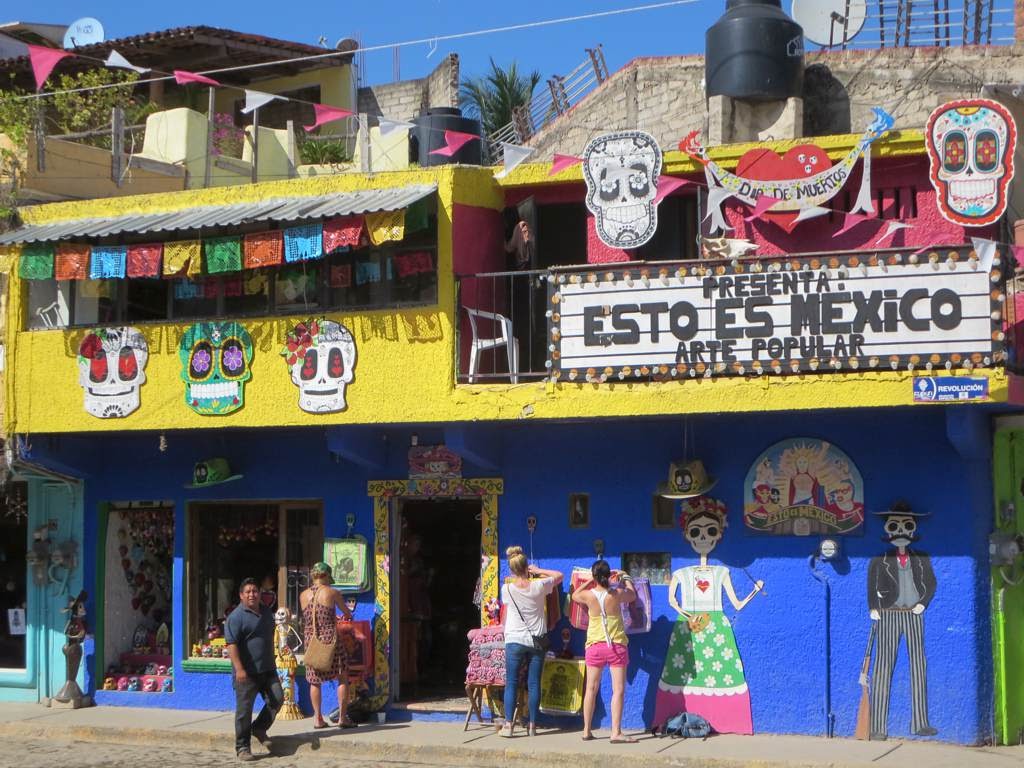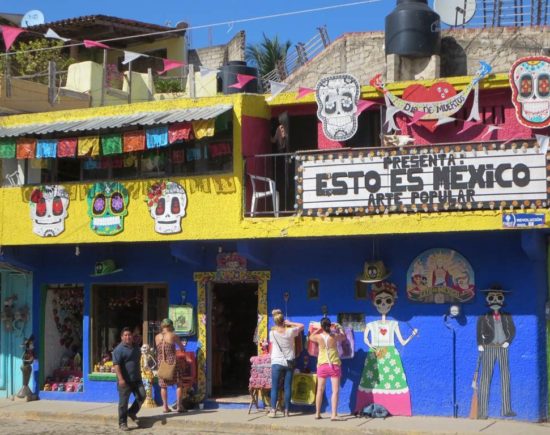Summary:
Small and medium enterprises (SMEs) represent 90% of businesses and more than 50% of employment worldwide, making SME survival and profitability a major priority for economic recovery from the COVID-19 crisis. During recessions lenders often reduce the flow of credit to businesses given their creditworthiness models struggle to effectively quantify risk and expected returns during a rapidly changing crisis. Furthermore, while a major component of government policy has been SME lending to support firms and their workforce, uncertainty and risk often limit banks’ willingness to lend to SMEs in the worst-affected sectors. The research team investigates the following to help unlock capital for businesses with high growth potential in Latin America: (i) how the crisis has affected SMEs; (ii) how lenders can effectively rethink credit-scoring models; (iii) the impacts of credit for these businesses during the crisis; and iv) the role of digital financial technologies, such as POS terminals and systems for online sales, in SME performance. The research team closely collaborates with financial institutions in five countries (Chile, Colombia, Mexico, Paraguay, and Peru) and with Mastercard in Brazil. These partnerships provide access to the transaction-level banking data from hundreds of thousands of microentrepreneurs and small businesses. Using data science and randomized evaluations, the research team studies how business survival, sales, employment (payroll), and probability of loan repayment change during the crisis.


